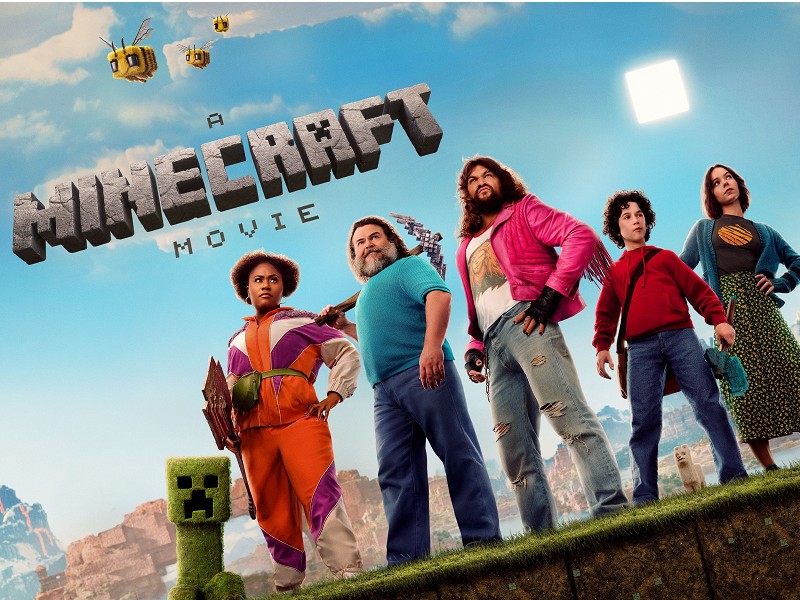For most musicians, 18 years of making music with a group and making solo albums would be enough to dry up the creativity that once made an individual famous. For Raekwon, this veteran status has only made him stronger and wiser as an emcee and a master of wordplay. This is only proved to be more true on his newest album, Shaolin vs. Wu-Tang, where the Wu-Tang Clan rhymer shows both sides of his rap persona while creating fresh new music that sounds like it was made when the Wu-Tang Clan debuted in 1993.
In what was originally thought to be a diss against Wu-Tang leader RZA, Raekwon stated in a March 2011 MTV interview that the album is really made to contrast the old “Wu-Tang” style of rapping of wisdom and knowledge with the “Shaolin” or Staten Island style of hard-core rhymes and street tales filled with aggression and metaphors. With Wu-Tang’s disciplined style and Shaolin’s egotistical style, the album flawlessly mixes the two styles of rapping to create a masterpiece in its own right.
In a February 2011 interview at his album-listening party, Raekwon requested that all listeners watch the 1981 kung-fu film Shaolin and Wu Tang, where the album derives its name, before listening to the album in order to fully understand what the album and story represented. However, listening to the album without understanding the back story still proves to be entertaining.
Raekwon sails through the first eight tracks of the album, which show the rapper’s Shaolin style, demolishing beats by Wu-Tang affiliates Scram Jones, Cilvaringz and Bronze Nazareth.
With this aggressive rhyme-scheme comes monster collaborations, as Raekwon brings fellow Wu-Tang clansmen Method Man, Inspectah Deck, and of course Ghostface Killah, who has been Raekwon’s main rhyming partner since the Wu-Tang’s humble beginnings in 1990s Staten Island, NY. The rapper also features rappers Busta Rhymes and Jim Jones as well as British singer Estelle to add a little soul to “Chop Chop Ninja.” New-comer Kobe also brings a new-school swag to “Rock ‘N Roll.”
This record calls on rapper Nas to return to the forefront—the first collaboration between the two artists since Raekwon’s debut album in 1993. Though it is a definitive peak in the album, the momentum generated by “Rich and Black” does not die out when the song is finished. “From the Hills” brings Method Man back for another verse, with D.C. soul singer Raheem DeVaughn channeling a young Curtis Mayfield on the song’s chorus.
Lloyd Banks’ feature on “Last Train to Scotland” and Rick Ross’ verse on “Molasses” add new flavors to Raekwon’s already brewing pot, but it is rapper Black Thought of hip-hop band The Roots who takes home the best feature on “Masters of Our Fate.” The rapper spits prophetic rhymes such as “When I was pushed out of the womb the Earth spun, the only way to describe this is inertia.”
While every record on Shaolin vs. Wu-Tang is quality material, the only downside to the album is its length. The album clocks in at 48 minutes, and only five of the 17 tracks are over three minutes long. However, not a second of the album is wasted, and the songs seamlessly tie together to tell the story of the battle between two opposing styles from the same origin.







